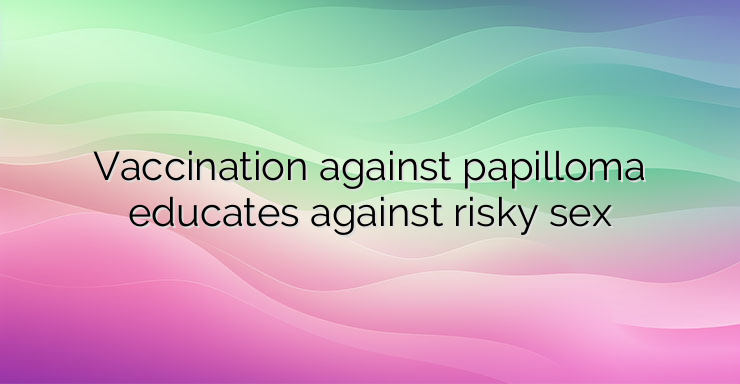Girls and young women vaccinated against the human papillomavirus (HPV) are less likely to engage in risky sexual behavior than those not immunized, experts have found. The virus is believed to be the main cause of cervical cancer. After the introduction of the first vaccine in 2006 and the second in 2009, there were concerns that vaccination could encourage the practice of unsafe sex among young people. According to a study among 1,200 women aged 15-24, immunization against papilloma does not have a similar effect on the behavior of young people, explains scientific researcher Nicole Lydon. On the contrary, the results of a survey show that sexually active women among the vaccinated are more responsible for their health and are more likely to use a condom regularly during sex. HPV infection is common after initiation of sexual activity. Therefore, immunization is recommended to be done before that, at the age of 12-13 years. NEWS_MORE_BOX Cervical cancer is the second most common cancer among women aged 20-45 worldwide. 24% of teenage girls and 45% of women aged 20-25 in the United States are affected by HPV infection, statistics show. Cervical cancer is one of the five most common malignant diseases among women in Bulgaria. Over 1100 new cases are registered every year, about 360 end fatally. The study was published in the American Journal of Preventive Medicine.


Leave a Reply